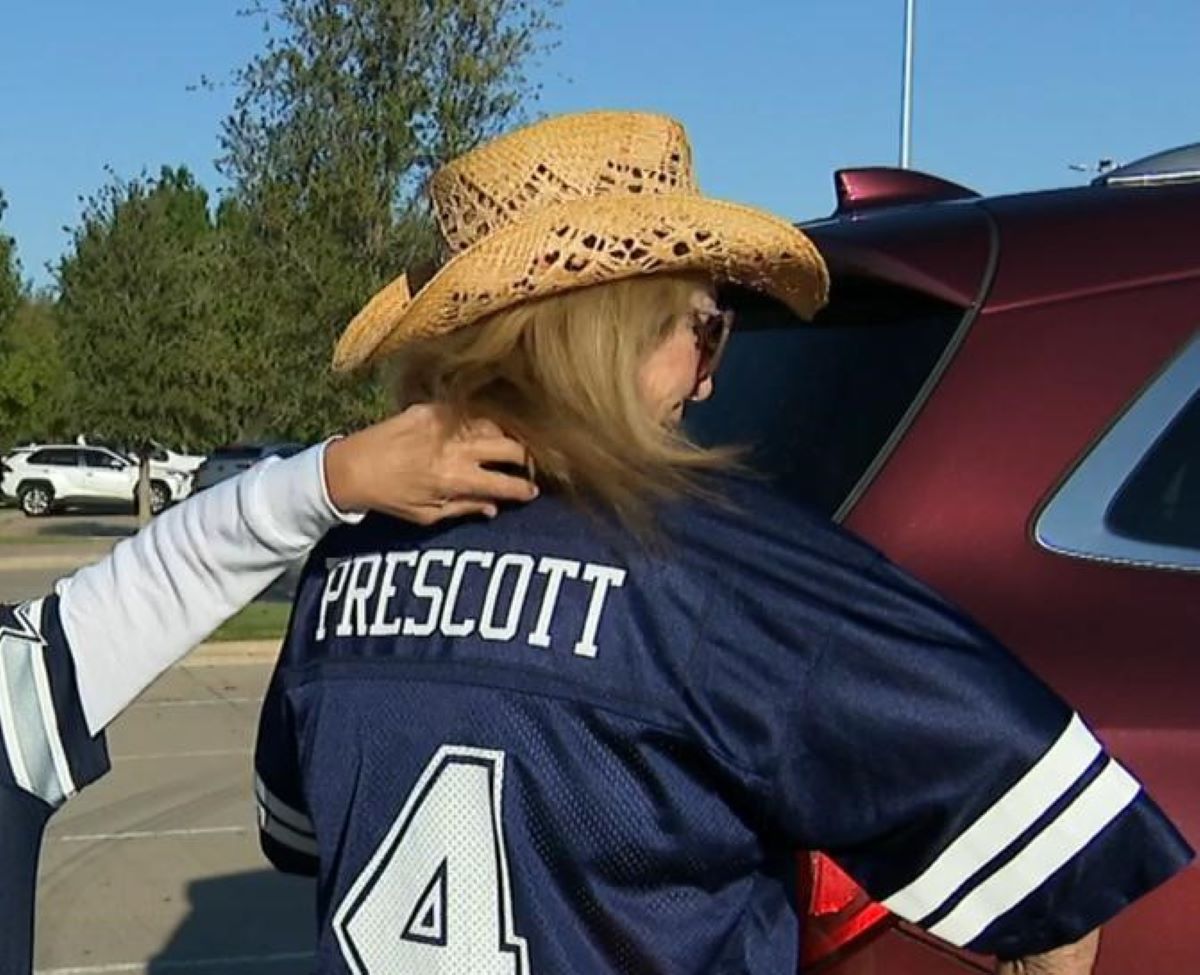Learning how to commit more serious crimes instead of rehabilitation from lesser offenses is the accusation from Dallas County’s top prosecutor, District Attorney John Creuzot, about what happens at the Dallas County Juvenile Detention Center.
County officials are demanding the release of more records to speed reform after numerous accusations regarding juvenile justice.
“Really the way this whole thing has been operating has been the exact opposite of rehabilitation,” Creuzot said.
Much of the attention on juvenile justice rises from a report on juvenile detention that Creuzot requested in 2022, the results of which were released in March. It showed that around two-thirds of juvenile offenders should have been released from detention within days but were held with other offenders for months, far longer than in other counties.
Get top local stories in DFW delivered to you every morning. Sign up for NBC DFW's News Headlines newsletter.
“When you incarcerate a low-level, low-risk child, with somebody who’s committed armed robbery or murder, the child is more likely to do what? Develop bad habits,” Creuzot said.
Juvenile records are confidential so it is impossible to independently verify some claims, but county leaders said a recent string of armed robberies pinned on juvenile offenders by Dallas Police is an example of the sort of activity they want to stop.
Four minors were accused of at least eight hold-ups in the Oak Lawn area in May. Among the targets was a smoke shop on Cedar Springs Road, where an employee said he was threatened, beaten and robbed on May 8.
Local
The latest news from around North Texas.
Three of the minors were 16 years old and one was just 15 years old. A police spokesperson said Tuesday that one of those minors has now been linked to at least five more robberies.
Dallas Police Chief Eddie Garcia said the young age of the alleged offenders was the most alarming thing about the crimes.
“They graduate into this type of crime. They just don't get up in the morning and decide we're going to conduct aggravated robberies throughout the city,” Garcia said.
Officials can’t reveal whether those minors had been in juvenile detention before.
Creuzot said he is seeking records that he knows juvenile officials have on the effectiveness of Dallas County juvenile rehabilitation programs for offenders who have been in the system. Creuzot said he knows of several cases of juvenile detainees going through the programs who then committed murder after their release.
“When you tell the District Attorney who is responsible for public safety, that these kids are going through the program, and the purpose of going through the program is to create rehabilitation and public safety and they wind up killing people, that’s not a very good answer to give somebody like me. So that’s a concern,” Creuzot said.
Separately, Dallas County Commissioners are suing juvenile officials for the release of logs that could show how long juvenile detainees are kept in solitary confinement for lack of proper supervision.
County Commissioner Andrew Sommerman said there is credible evidence about solitary confinement accusations, which he said suggest cruel punishment of children.
Sommerman said some juvenile offenders made stupid mistakes that should not be ignored.
“And they should answer the consequences for those young stupid mistakes. But what we shouldn't do is teach them how to commit the next crime, how to become meaner,” Sommerman said.
The commissioner said he also supports the District Attorney’s request for program effectiveness reports.
“It becomes imperative that we get more information so that we can adopt certain changes over there, so we can have the right kind of systems to prevent crime from happening,” Sommerman said.
Dallas County Juvenile Department Director Darryl Beatty did not return a request for comment.



